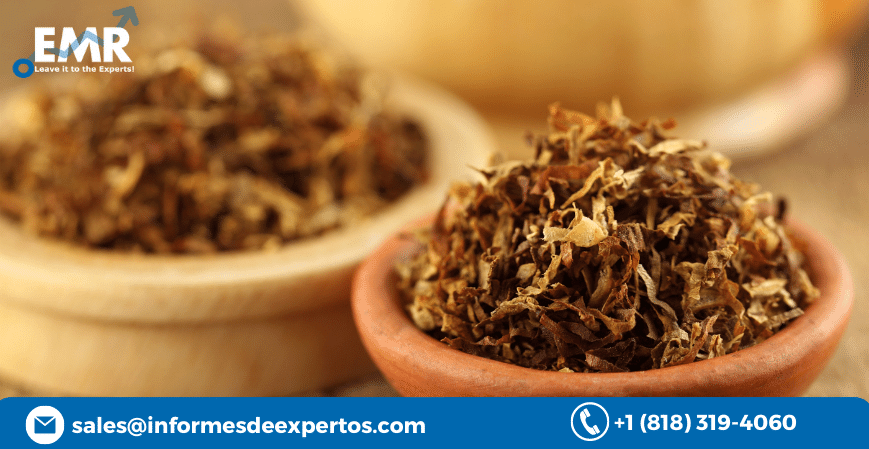what is the treatment for varicose veins are a common vascular condition that can not only be aesthetically concerning but also lead to discomfort and more severe health issues if left untreated. In this comprehensive guide, we will explore various treatment options for varicose veins and shed light on the role of vein specialists in managing this condition effectively.
Understanding Varicose Veins And Their Causes
Varicose veins are enlarged, twisted veins that often appear blue or purple on the surface of the skin, usually in the legs. They develop when the valves within the veins, which normally prevent blood from flowing backward, weaken or become damaged. As a result, blood pools within the veins, causing them to bulge and become visible. Several factors contribute to the development of varicose veins, including genetics, age, gender, obesity, pregnancy, and prolonged periods of standing or sitting.
The Importance Of Seeking Treatment
While varicose veins may start as a cosmetic concern, they can progress to cause pain, swelling, and even skin ulcers in severe cases. Timely treatment is essential to prevent complications and improve overall quality of life. An array of treatment options is available, ranging from lifestyle changes to medical procedures, each tailored to the severity of the condition.
Non-Invasive Lifestyle Changes And Self-Care
For individuals with mild varicose veins, certain lifestyle modifications can alleviate discomfort and slow down the progression of the condition:
Regular Exercise: Engaging in low-impact exercises such as walking, swimming, and cycling can enhance blood circulation and strengthen leg muscles, reducing the strain on veins.
Weight Management: Maintaining a healthy weight minimizes the pressure on the veins in the legs.
Elevation: Elevating the legs whenever possible helps in reducing swelling and aiding blood flow back to the heart.
Compression Stockings: These specially designed stockings provide gentle pressure, aiding blood circulation and preventing blood from pooling in the veins.
Medical Interventions For Varicose Veins
When conservative measures are insufficient, medical interventions may be recommended by healthcare professionals:
Sclerotherapy: This procedure involves injecting a solution directly into the affected veins, causing them to collapse and gradually fade from view.
Endovenous Laser Ablation (EVLA): Using laser energy, this treatment seals off the problematic vein, rerouting blood flow to healthier veins.
Radiofrequency Ablation: Similar to EVLA, this technique uses heat generated by radiofrequency energy to close off the vein.
Ambulatory Phlebectomy: Small incisions are made to remove varicose veins close to the skin’s surface.
High Ligation and Vein Stripping: Reserved for severe cases, this surgical procedure involves tying off and removing the affected vein.
Consulting A Vein Specialist
What Kind of Doctor is a Vein Specialist, and medical practitioners known as vein specialists or phlebologists are trained to diagnose and treat various venous disorders. These specialists have a deep understanding of the vascular system and possess expertise in selecting the most suitable treatment approach for each patient’s unique condition.
Vein specialists typically begin with a comprehensive evaluation, which may involve ultrasound imaging to assess the extent of the venous insufficiency. Based on their findings, they will recommend a tailored treatment plan, considering the patient’s medical history and preferences. Whether the condition requires minimally invasive procedures or surgical intervention, a vein specialist will guide the patient through every step of the process, ensuring effective management and optimal results.
Conclusion
Varicose veins are more than just a cosmetic issue; they can lead to discomfort and health complications if left untreated. This comprehensive guide has provided insights into the causes of varicose veins, the importance of seeking timely treatment, and a range of medical interventions available. Consulting a vein specialist is crucial for accurate diagnosis and personalized treatment recommendations, ultimately improving the patient’s quality of life and overall well-being. Remember, taking action today can lead to healthier, happier legs tomorrow.



